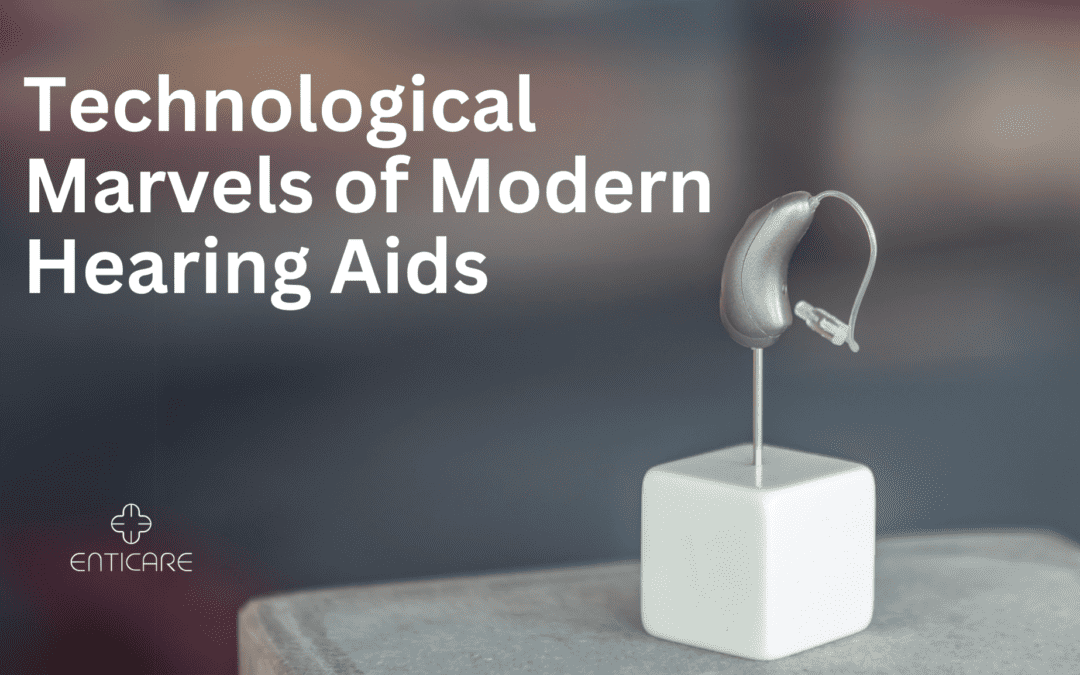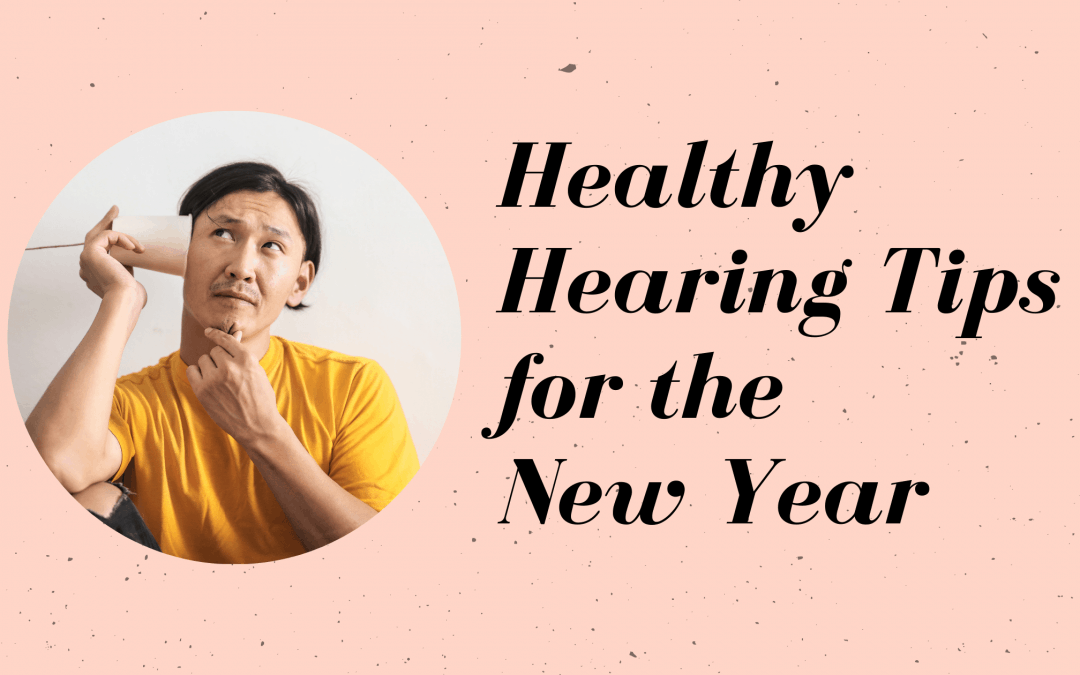
by Enticare ENT | Jun 3, 2024 | Hearing, Hearing Aids, Hearing Health
Imagine a world where your Phonak Lumity hearing aids seamlessly connect to your smartphone, transforming them into powerful communication tools. Stream phone calls, listen to music, and control your hearing environment directly from your phone. Sounds pretty amazing,...

by Enticare ENT | Jun 3, 2024 | Hearing, Hearing Aids, Hearing Health
Ever feel frustrated or left out during car rides because you can’t hear conversations clearly? You’re not alone. Many people with hearing aids experience challenges understanding speech in a moving vehicle. The combination of road noise, wind, and...

by Enticare ENT | Dec 15, 2023 | Ear Health, Hearing, Hearing Aids, Hearing Health, Hearing Loss
In the dynamic realm of auditory innovation, the Marvels of Modern Hearing Aids have transcended mere amplification, evolving into technological marvels that significantly enhance not only hearing but also the overall quality of life for those with hearing loss....

by Enticare ENT | Jun 2, 2023 | Ear Health, Ear Nose Throat, Hearing, Hearing Aids, Hearing Health
Over-the-counter (OTC) hearing aids have garnered significant attention recently as accessible solutions for mild-to-moderate hearing loss. These devices are particularly beneficial for individuals experiencing age-related hearing loss, which is common among older...

by Enticare Updates | Feb 19, 2021 | Hearing, Hearing Health, Tips & Tricks
Hearing health is such an integral, and often overlooked, component of overall wellness. The start of a new calendar year is a great time to focus on health resolutions, including hearing health. The sense of hearing is a critical way we navigate and understand daily...

by Enticare Updates | Feb 5, 2021 | Enticare Updates, Hearing, Hearing Health
Sleep is an essential biological function that is tied to our health and wellbeing. Adequate sleep provides the body with time to replenish which is needed for all of the body’s systems. It is crucial to get at least seven hours of sleep to maintain health and...







